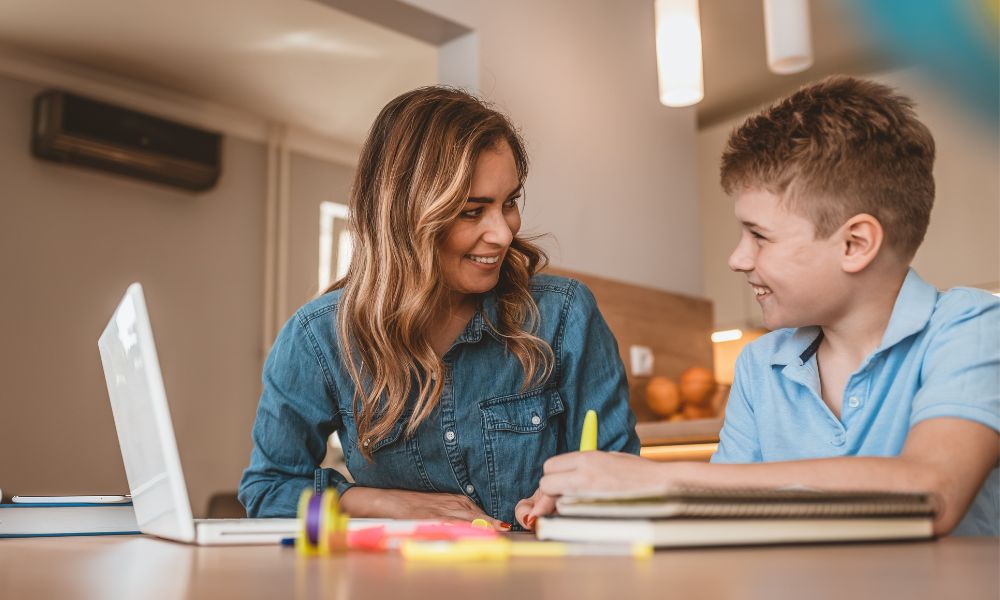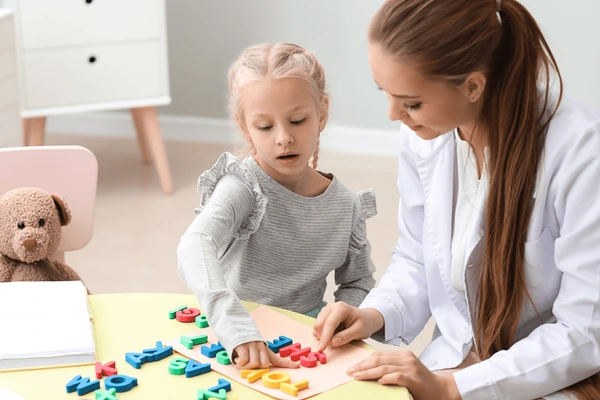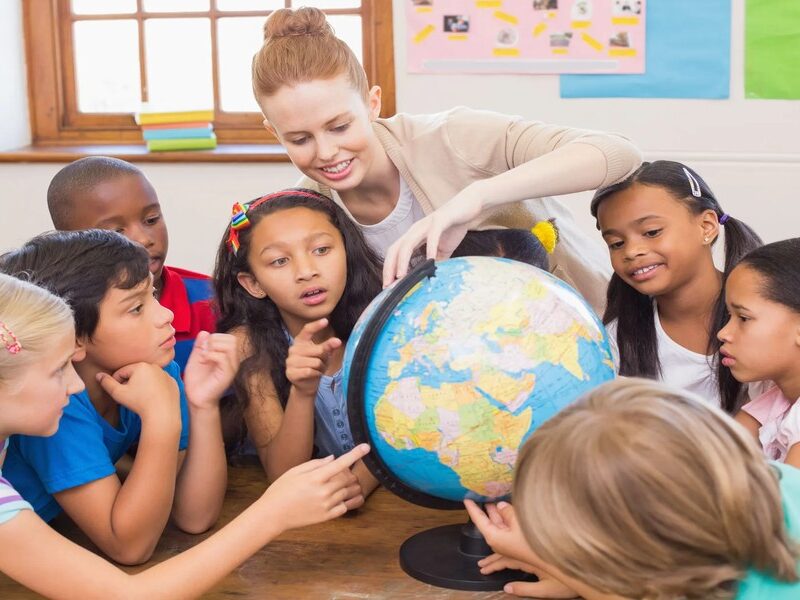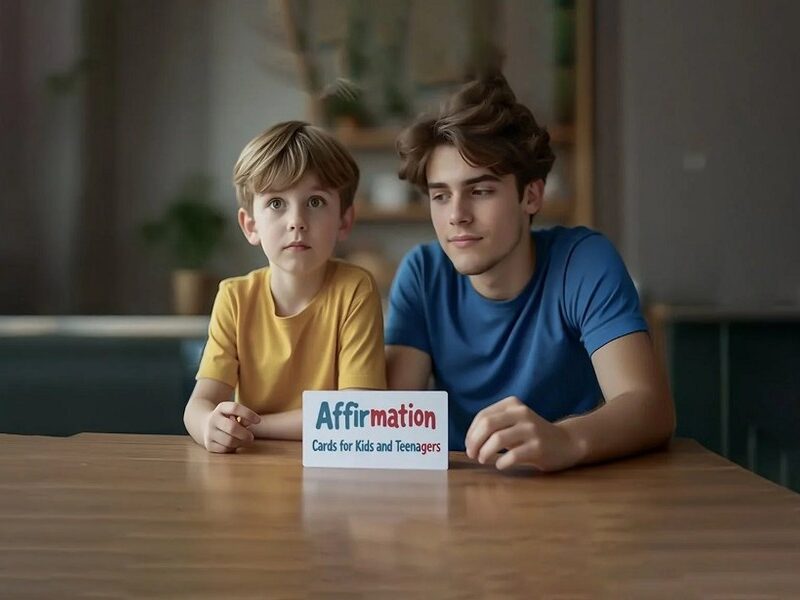Addressing the academic needs of students with disabilities requires a thoughtful and inclusive strategy. Educators, especially those trained in special education, play a pivotal role in guiding these students toward success by recognizing their individual strengths, challenges, and learning styles. Collaborating with special education tutors who have expertise in developing personalized learning plans can significantly improve the support system for students with disabilities.
Creating Tailored Learning Experiences
Understanding that every student learns differently is the cornerstone of effective education. This principle is particularly true when working with students who have disabilities. Special education tutor, who are often at the forefront of these efforts, are skilled in identifying diverse learning preferences and crafting lessons that cater to them. Whether a student learns best through hands-on activities, visual aids, or other methods, a flexible teaching approach helps ensure that all students have the opportunity to succeed.
By incorporating a variety of teaching strategies, educators can promote a more inclusive classroom environment. Adapting the curriculum to fit the needs of each student helps remove barriers to learning and encourages academic growth for all students, regardless of their abilities. This individualized approach not only supports students with disabilities but also contributes to a more equitable education system overall.
Expanding Access to Learning Resources
Equitable access to educational materials is a key factor in supporting students with disabilities. Teachers must ensure that all students, including those with visual, auditory, or learning impairments, have access to appropriate resources. This may involve providing textbooks in braille, using digital readers for dyslexic students, or offering alternative formats that cater to specific needs. True inclusion means that every student has the opportunity to engage with content in a way that suits their learning style.
For students who require additional support, assistive technologies can be transformative. Screen readers, voice recognition software, and magnification tools allow students to interact with academic material more effectively. Educators and special education tutors should advocate for the integration of these technologies in the classroom, ensuring that students with disabilities have the tools they need to thrive academically.
Fostering a Supportive Educational Environment
A positive and inclusive learning environment is essential for student success. Research from organizations such as the American Psychological Association highlights the importance of emotional and social support in fostering academic achievement. Students who feel valued and understood are more likely to engage in their education and experience higher levels of satisfaction.
Incorporating peer support systems into the classroom can also reduce the stigma around learning differences and promote collaboration among students. Creating a culture of empathy and understanding helps students with disabilities feel more accepted and confident in their abilities. This nurturing atmosphere is vital for fostering academic success and personal growth.
Building Strong Partnerships with Parents
Collaboration between educators, tutors, and parents is critical in supporting students with disabilities. Open lines of communication help ensure that parents remain informed about their child’s progress and can provide input on the educational strategies being used. Regular updates, whether through meetings, emails, or progress reports, allow parents and educators to work together toward shared goals.
It is also important to consider the accessibility of communication with parents. For example, a visually impaired parent may require digital documents compatible with assistive technology, rather than printed reports. By ensuring that all communications are accessible, educators can foster stronger relationships with parents and create a more inclusive environment for everyone involved.
Empowering Students with Disabilities to Succeed
Through the combined efforts of educators, special education tutors, and supportive parents, students with disabilities can achieve remarkable academic success. By embracing personalized learning strategies, promoting inclusive environments, and leveraging assistive technology, educators can help students overcome challenges and unlock their full potential.
Incorporating these comprehensive strategies into educational practices ensures that students with disabilities receive the support they need to thrive. For those seeking specialized expertise, reaching out to special education professionals can be a valuable step in creating a tailored plan for student success. With the right resources and support, every student can flourish.





